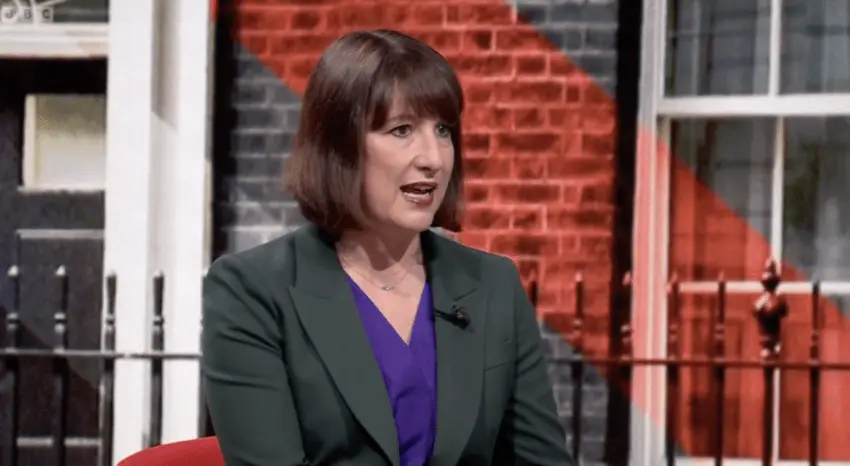Rachel Reeves, the Chancellor, is about to announce a series of stringent measures aimed at balancing the nation’s finances. She blames Conservative economic mismanagement for the necessity of these actions.
Reeves plans to sell off empty public buildings and cut government spending on consultants. This approach aims to address a £20 billion deficit and introduce a new agency, the Office of Value for Money, to eliminate waste.
Revealing Stringent Measures
Rachel Reeves, the Chancellor, is about to announce several strict measures to balance the nation’s finances. She is prepared to sell off empty public buildings and reduce government spending on consultants. Some blame what they call Conservative economic mismanagement for the necessity of these actions.
Reeves aims to address a £20 billion deficit. She accuses the previous administration of overspending and failing to make tough decisions. As part of her plan, a new agency called the Office of Value for Money will be set up to eliminate waste.
Selling Surplus Public Properties
One of Reeves’ major strategies involves selling surplus public properties. This idea was previously supported by George Osborne. Accelerating this process is expected to save £500 million. Since 2010, such sales have already raised £3 billion.
Additionally, she wants to reduce the government’s dependence on external consultants. Consultancy spending skyrocketed after Brexit and during the pandemic. Big firms like Deloitte, KPMG, EY, and PwC benefited from contracts worth billions.
Public Sector Pay Rise
Despite advocating fiscal restraint, Reeves plans to allocate £10 billion for public sector pay. This will meet recommendations for a 5.5% rise in pay for teachers and doctors.
Reeves criticised the Conservatives for not managing public finances well. She believes her tough measures are necessary due to the economic situation she inherited.
Facing Criticism
Senior economists, including Paul Johnson of the Institute for Fiscal Studies, have criticised Reeves’s plans. Johnson predicts inevitable tax increases under Labour.
However, public sentiment seems to favour Reeves. A YouGov poll shows six in ten voters think the Conservatives left the economy in bad shape.
Reeves is also committed to cancelling several significant infrastructure projects. These include the £1.7 billion Stonehenge tunnel and the A27 Arundel bypass.
Fiscal Stability
To ensure fiscal stability, Reeves pledges to hold one major fiscal event each year. This move aims to maintain market stability.
However, Gareth Davies, the Shadow Exchequer Secretary to the Treasury, has accused Reeves of misleading the public about tax increases. He says her approach is not real reform but a continuation of old policies.
Social Media Reactions
Public reactions on social media are mixed. Some support Reeves’s tough approach, while others are sceptical.
A Facebook user commented, “It’s about time someone took financial responsibility!” On Twitter, opinions were divided, with some users worried about the impact on public services.
The debate continues as Reeves prepares to present her detailed plans and address the country’s financial challenges.
Looking Forward
Reeves’s upcoming speech will be closely watched. It promises to detail her plans for economic reform and fiscal responsibility.
The Office of Value for Money is expected to play a crucial role in eliminating government waste. Reeves’s focus on selling surplus properties and cutting consultancy spending will be key points.
Rachel Reeves is set to enact stringent measures to address financial mismanagement she attributes to the previous administration.
Her plan includes selling empty public buildings, cutting consultant spending, and creating the Office of Value for Money. These moves aim to balance budgets and reform public finances.
Her speech will be watched closely, and the public remains divided, anticipating economic reforms.

